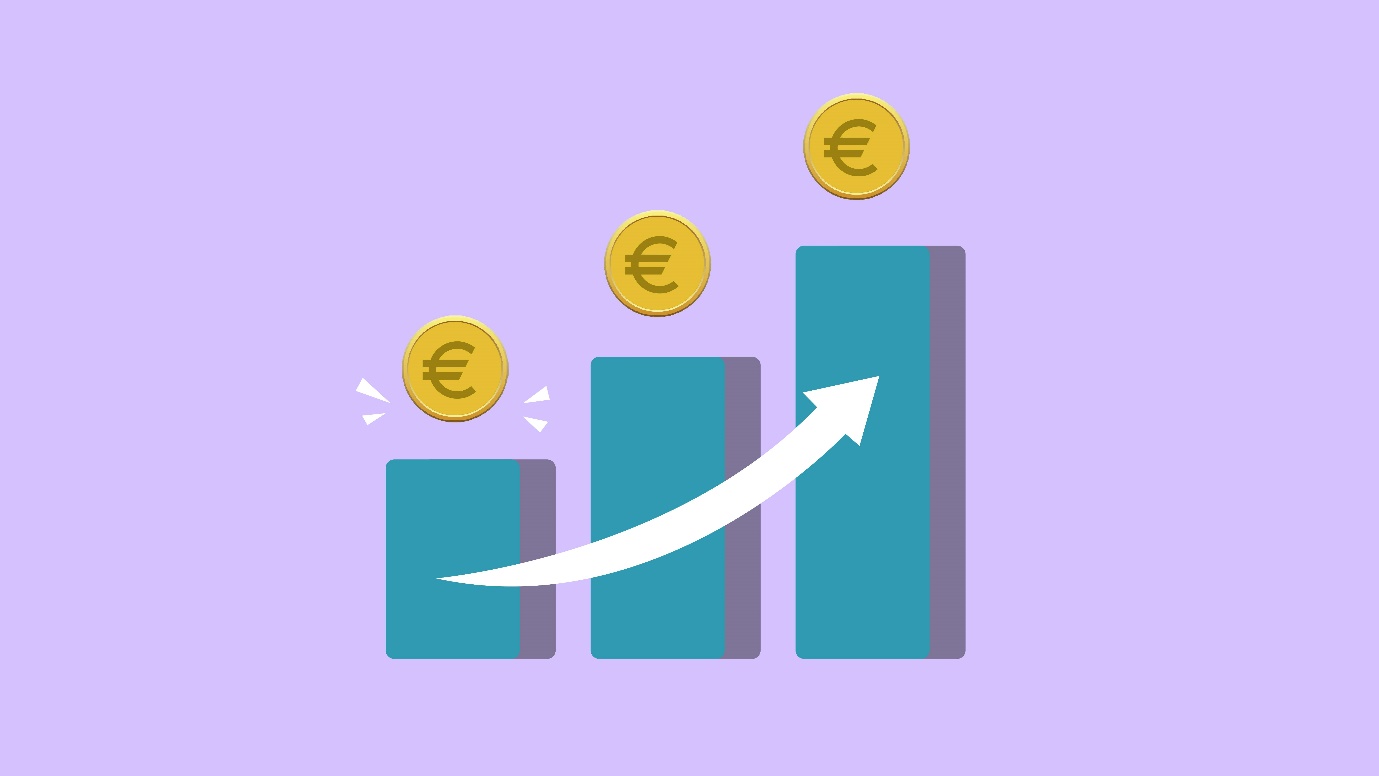A decision involving personal finance, business, or life choices usually balances risk and reward. Essentially, weighing can be done between the benefit of a decision and the possibility of negative consequences. The following article aims to reach a balance that would best fit goals, risk tolerance, and the general context of the decision.
Understanding Risk
Risk is the potential to jeopardize resources, time, or anything of value. For instance, risk in investing is the volatility of returns: Things might not turn out as planned. Business risks would include everything from everything to competitive pressures to market downturns. For individuals, some of the personal risks could be career changes, relocation, or additional education.

Understanding Reward
A reward, on the other hand, involves any benefit that one is likely to achieve when one takes a particular risk. In terms of financial investments, this can be referred to as returns on investment. In business, it has to do with profits or market shares. And in terms of progress, contentment, personal development, or even new chances. High rewards are always more attractive, yet they always go in line with high risks, placing any plan into dynamic tension between ambition and caution.
Risk-Reward Tradeoff
In general, the return increases with the level of risk. This illustrates how risk and reward are directly correlated. The idea here is termed as the risk-reward tradeoff. For example, investments classified as lower risk, like those of government bonds, offer returns that are generally relatively low but stable. Investments, such as equity or real estate, may offer potentially higher returns but are usually highly volatile.
To find a balance-one has to figure out just how much risk one is willing to tolerate in gaining a certain reward. Of course, that gets very personal depending on one's financial situation, goals, and tolerance for uncertainty. For example, the younger the investor, the more he risks in return for higher potential rewards because he has a long time to recoup any losses that could occur.

Practical Steps to Balance Risk Against Reward
The following comprises the strategies to equate chances and awards:
- Assess Risk Tolerance: Know how much risk you want to assume, considering variables like age, income, financial goals, and emotional temperament.
- Diversification: In finance, diversification means spreading the risk of failure across a wide variety of investments. So that if one fails, it will not wipe out the gains. In life, it may mean having several sources of income or several skills.
- Analyze Potential Outcomes: Assess the best and worst-case scenarios, and take into consideration the likelihood of each.
- Clearly Define Your Goals: What you hope to accomplish and whether the benefit outweighs the possible risk.

Conclusion
The risk-reward ratio is a useful tool to help guide trade positions and investing strategies, but it does not assure success. It is always a shifting battle, one needs to adjust constantly to meet changing circumstances. Good risk management doesn't exclude risk but optimizes it for the best outcome possible.

Paying-Off High-Interest Debt

The 8 Best Budgeting Apps for 2024

How Can Smart Equipment Financing Drive Business Growth?

Advantages of Investing in Municipal Bonds

What Are the Steps to Achieve Financial Wellness

Decoding the Credit Score: Myths and Realities You Need to Know

Insurance Innovation: Exploring Microinsurance for Millennials
